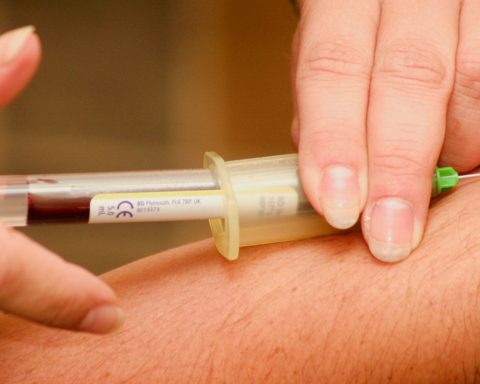
Burnout amongst GPs has long been recognised,1 is increasing in prevalence,2 and has implications for both clinician wellbeing and patient safety.3 It is widely understood that substantial and continuously increasing GP workloads are a major driver of this burnout,4 and competence expansion of non-GPs has often been proffered as a potential solution.4,5
The NHS has, in recent years, taken various steps to expand the clinical competency of non-GPs in primary care, such as the introduction of Advanced Nurse Practitioners, Physician Associates, and the Pharmacy First service, which enables community pharmacists to manage seven common conditions such as acute otitis media, sore throat, and uncomplicated urinary tract infection.6 This role generation and competence expansion is at least partly intended to reduce GP workload through task delegation and increased “efficiency” of care provision.4,7,8 The presumed effect of such competence expansion of non-GPs is a substantial reduction in GP burnout. However, without additional intervention, such redistribution of workload achieves the opposite effect.
Competence expansion alone is not a viable solution to intolerable GP workloads.
With non-GPs now increasingly dealing with ‘simpler’ cases, an increasing proportion of GP consultations logically involve more clinically complex patients, such as those with multimorbidity. Simultaneously, GPs are conducting substantially more consultations today than even 6 years ago.9 Accordingly, without reducing the total number of appointments per GP, competence expansion increases the average complexity of each GP consultation. Since it is recognised that high patient complexity (such as multimorbidity) increases the likelihood of burnout amongst GPs,10 competency expansion is inadvertently promoting burnout amongst these clinicians.
Competence expansion alone is not a viable solution to intolerable GP workloads. To reduce clinician burnout, an additional intervention is paramount – the total number of consultations conducted by each GP must be reduced. Without this coupling, the rate of GP burnout is likely to accelerate.
Deputy editor’s note: See also Ben Hoban on how uncomplicated tasks enhance GP effectiveness https://bjgplife.com/one-big-thing/ see also Yonder on the care required for administrative tasks relevant to GP https://bjgplife.com/yonderjul24/ and Nada Khan on Burnout https://bjgplife.com/burnout-patient-and-physician-safety/
References
- M Kirwan and D Armstrong. Investigation of burnout in a sample of British general practitioners. British Journal of General Practice May 1995; 45(394): 259-260
- C Karuna, V Palmer, A Scott, et al. Prevalence of burnout among GPs: a systematic review and meta-analysis. British Journal of General Practice 2022; 72(718): e316-e324. DOI: 10.3399/BJGP.2021.0441
- LH Hall, J Johnson, I Watt, et al. Association of GP wellbeing and burnout with patient safety in UK primary care: a cross-sectional survey. British Journal of General Practice July 2019; 69(684): e507-e514. DOI: 10.3399/bjgp19X702713
- D Sipos, R Goyal and T Zapata. Addressing burnout in the healthcare workforce: current realities and mitigation strategies. The Lancet Regional Health Europe 11 June 2024; 100961. DOI: 10.1016/j.lanepe.2024.100961
- House of Commons Health and Social Care Committee. Workforce Burnout and Resilience in the NHS and Social Care. Second Report of Session 2021-22. HC 22. 08 June 2021. https://committees.parliament.uk/publications/6158/documents/68766/default/
- NHS England. Pharmacy First. https://www.england.nhs.uk/primary-care/pharmacy/pharmacy-services/pharmacy-first/ [accessed 19 June 2024]
- NHS England. Delivery plan for recovering access to primary care. 09 May 2023. https://www.england.nhs.uk/long-read/delivery-plan-for-recovering-access-to-primary-care-2/ [accessed 13 June 2024]
- J Parle and J Ennis. Physician associates: the challenge facing general practice. British Journal of General Practice 2015; 65(634): 224-225. DOI: 10.3399/bjgp15X684685
- R Armitage. Pressure on GPs in England: appointments, workforce, and patient complexity. BJGP Life 31 December 2023. https://bjgplife.com/pressure-on-gps-in-england-appointments-workforce-and-patient-complexity/
- AF Pedersen, KB Nørøxe, P Vedsted. Influence of patient multimorbidity on GP burnout: a survey and register-based study in Danish general practice. British Journal of General Practice 2020; 70(691): e95-e101. DOI: 10.3399/bjgp20X707837
Featured photo by Elia Mazzaro on Unsplash






